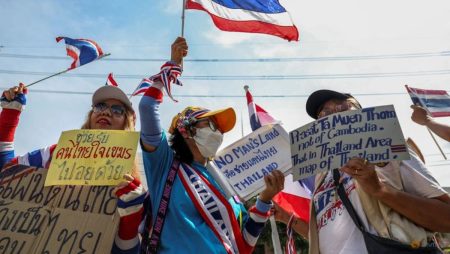The Malaysian football scene experienced a whirlwind of speculation and subsequent clarification regarding the eligibility of overseas players, particularly English footballer Josh Brownhill, to represent the national team, Harimau Malaya. The rumour mill churned into overdrive, fueled by social media speculation linking Brownhill to Malaysian heritage, prompting fervent calls for his inclusion in the national squad. The situation reached a critical point, requiring intervention from a prominent figure in Malaysian football: Tunku Ismail Sultan Ibrahim, the Regent of Johor and owner of Johor Darul Ta’zim football club. Recognizing the escalating rumours and their potential impact, Tunku Ismail, known for his influence in Malaysian football development, took proactive steps to address the situation directly with Brownhill.
Tunku Ismail, also known as Tunku Mahkota Johor, holds a respected position within the Malaysian football ecosystem. He has been entrusted with supporting the national team due to his extensive network of contacts in the global football arena. His involvement signals the seriousness of the situation and the need for clarity amidst the swirling speculation. This responsibility underscores his commitment to the growth and success of Malaysian football and his willingness to leverage his influence for the betterment of the national team. This direct approach highlights Tunku Ismail’s hands-on involvement in ensuring the accuracy of information surrounding the national team. His established role as a facilitator between Malaysian football and the international football community is evident in his swift action to dispel misinformation.
A private exchange between Tunku Ismail and Brownhill via Instagram became the catalyst for a much-needed public clarification. Tunku Ismail encouraged Brownhill to address the rampant rumours, acknowledging the intense interest and even pleas from Malaysian fans for his inclusion in the national team. He emphasized the need to “clear the air” and provide a definitive statement regarding his nationality and eligibility. Brownhill responded positively, indicating his intention to address the issue publicly. This interaction between a key figure in Malaysian football and the player at the center of the rumours highlights the power of direct communication in managing such situations and emphasizes the importance of accurate information dissemination in the age of social media.
Brownhill’s subsequent statement unequivocally denied any Malaysian heritage, effectively quashing the rumours and bringing an end to the speculation. This prompt action, prompted by Tunku Ismail’s intervention, prevented further misinformation from spreading and allowed the focus to return to the actual development and progress of the national team. The incident also exposed the potential pitfalls of relying on unverified sources for information, particularly concerning player eligibility. The now-defunct local scouting page, FR Future Talents, which initially sparked the rumours about Brownhill and other players, became a focal point of criticism for its role in disseminating inaccurate information.
The Brownhill incident highlighted a larger issue regarding the spread of misinformation and the importance of verifying player eligibility before fueling public speculation. Netizens expressed embarrassment over the premature claims of Brownhill’s Malaysian heritage, urging caution and due diligence in the future. The episode served as a cautionary tale against the dangers of unchecked social media rumours and their potential to disrupt the football landscape. It also emphasized the need for responsible reporting and the importance of verifying information from credible sources. The disappearance of the FR Future Talents page following the incident underscores the consequences of spreading inaccurate information and its potential impact on the credibility of online platforms.
The Brownhill saga fits within the broader context of Malaysia’s increasing reliance on naturalized players to bolster the national team. Since 2015, Malaysia has welcomed 20 naturalized players into the Harimau Malaya squad, including players from Gambia, Australia, Brazil, and Colombia. This trend reflects a strategic effort to enhance the team’s competitiveness by incorporating players with diverse skill sets and international experience. While the inclusion of naturalized players has sparked debate and raised questions about national identity within the football context, it reflects a global trend of leveraging talent from diverse backgrounds to strengthen national teams. The Brownhill incident, however, highlighted the importance of transparency and accuracy in discussions surrounding player eligibility, especially in an environment prone to rumour and speculation. The incident served as a reminder to focus on verified information and established procedures for player recruitment, rather than relying on unsubstantiated online claims.










